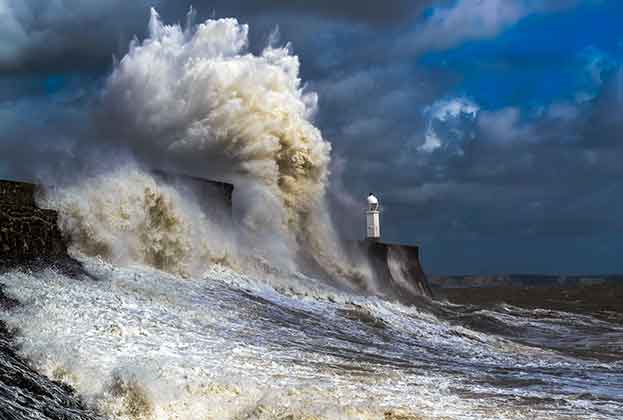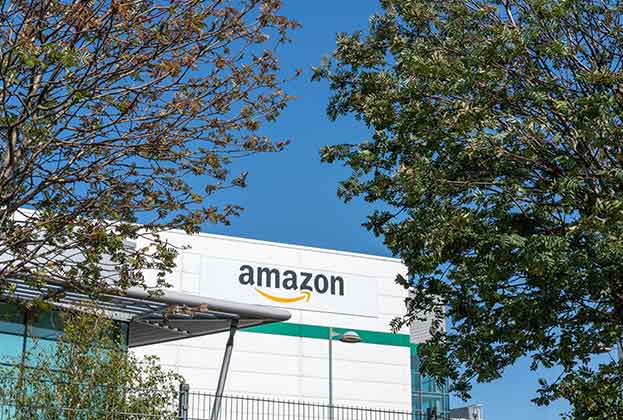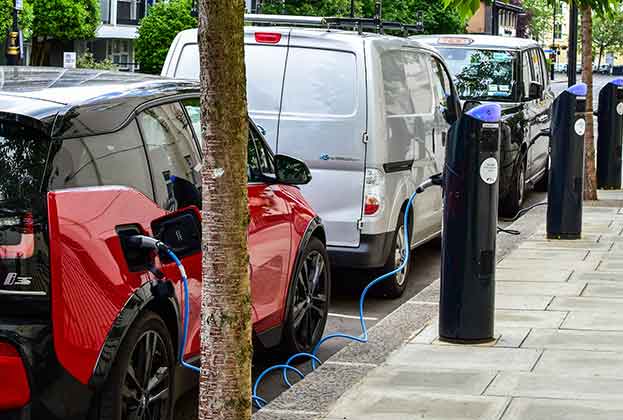The rise of the climate emergency over the next few years is inevitable, catalysing the competitive interests of the global economy to adapt and get ahead, or else get left behind in the quagmire of climate-induced problems
While awareness of climate issues has risen recently, particularly following the declaration of a 'climate emergency' by governments and businesses in 2019, the full scale of climate risk is still under-appreciated – and undervalued – in most business and policy circles. This is particularly true with regards to transition and policy-related risks that to date have been inadequately factored into various corporate and industrial decision-making processes. Covid-19 has shown us that coordinated action is possible where people believe it is necessary. As a side-effect of national lockdowns and restrictions on movement, the pandemic resulted in an 8% decline in global carbon emissions in 2020. An equivalent reduction every single year through to 2050 will be needed if the world is to meet net zero. However, emissions in December 2020 were higher than they were in December 2019, suggesting that there will be little long-lasting impact from the lockdowns.
IN THE UK
On the surface, UK policy seems to be conforming to public demand. The Ten Point Plan for a green industrial revolution promises everything from modular nuclear reactors and new national parks, to zero emissions transport for all. The UK also met, and even exceeded, targets established in the first three carbon budgets created by the Climate Change Committee.
The vast majority of the decarbonisation that has been achieved within UK borders has been driven by the power sector
Emily Williams, Associate Director, Residential Research
The vast majority of the decarbonisation that has been achieved within UK borders has been driven by the power sector, plus one or two others. In many ways, these could be considered to be the 'low-hanging fruit' of policy with many of the more challenging decisions yet to be engaged with.
Despite good intentions and positive beginnings however, the UK is now falling behind its fourth and fifth carbon budgets, which were based upon its previous target of an 80% reduction in emissions against a 1990 baseline. The Ten Point Plan, by the government’s own admission, will only deliver 230 MtCO2e of emissions savings to 2032. Prior to the announcement of these policies, the UK was already some 331 MtCO2e behind on targets set out in the fourth and fifth carbon budgets.
To add to the challenge, the recently unveiled sixth carbon budget was the first to consider the UK’s legal commitment to net zero by 2050; a 100% reduction in emissions against the 1990 baseline. This, in combination with the carbon account shortfall, means that achieving net zero will not be easy although the cost was estimated to be lower than previously thought. Government policy has not offered a consistent direction of travel. In the recent budget, £15bn of government bonds were announced to support the transition to net zero emissions, but the freeze on fuel duty remained in place, and no mention was made of policies to improve take up of electric vehicles, while the Green Homes Grant, only announced in 2020, has already been scrapped.
Meeting the challenge
Real estate owners that do not adapt are likely to suffer from 'stranded assets', not just because of regulatory burden or consumer perception, but for being too slow to change. From an investor perspective, it’s a question of avoiding the famous 'Kodak moment', where being left behind lost a company its competitive advantage and ultimately its viability. However, change isn’t without risk. Rapidly changing policy and financial disruption from the need to switch to potentially more expensive low carbon technologies could impact most on early adopters. But these risks are small compared to the impact of no climate action.
As the host of COP26, the UK aims to be at the forefront of international efforts to transition to a zero-carbon economy. In the run-up to the conference, the UK government will be working closely with businesses, civil society groups, schools and people across the UK as part of the conversation on tackling climate change. In this document, we will explore the three key instigators of change: policy requirement, investor priorities, and occupier attitudes, and how they might impact on real estate in a low carbon economy.
Read the other articles within Spotlight: Property and Carbon – April 2021 below









